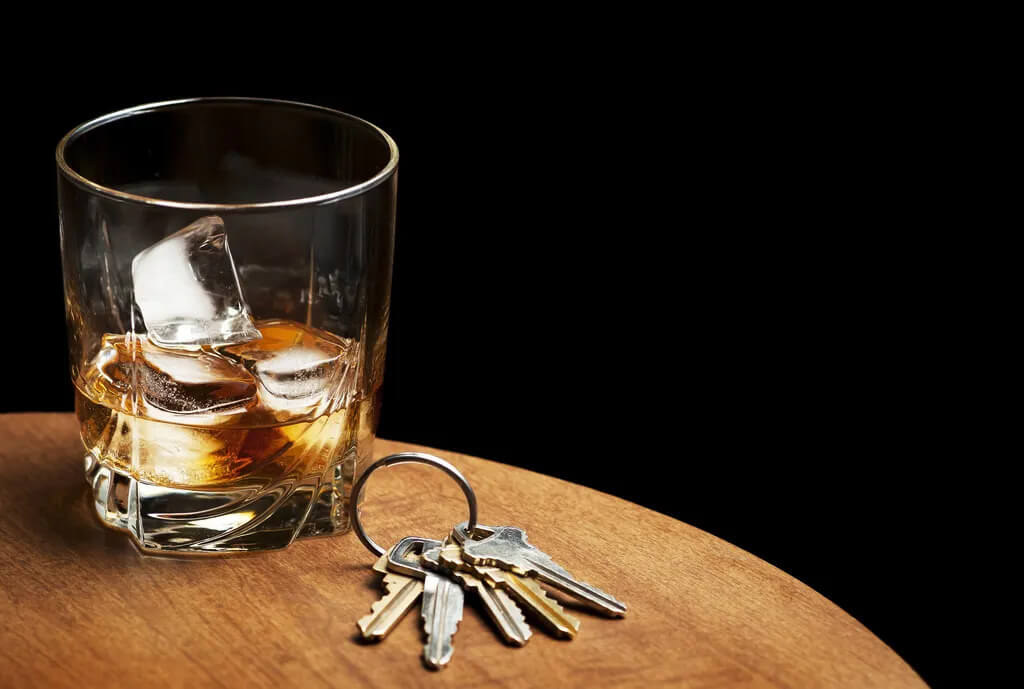
Any type of vehicle accident is likely to be a scary experience that can result in both physical and mental harm.
Drunk driving accidents are often even more frustrating because there is an assumption that the accident could have been avoided if the intoxicated driver had made responsible decisions about operating the vehicle and consuming alcohol.
As the victim of a drunk driving accident, you should not be financially responsible for the harm you have endured.
You have the undeniable right to file an insurance claim against the driver or bring a civil lawsuit.
Family members of someone killed by a drunk driver have the right to file a wrongful death claim.
In all situations, the victim is entitled to compensatory damages.
What Are Compensatory Damages?
Compensatory damages in Virginia are designed to compensate the victim of a drunk driving accident or other personal injury claims for the actual losses they have experienced.
This award is sometimes referred to as “actual damages.”
Types of Compensatory Damages
There are two types of compensatory damages that you may be eligible to receive.
Economic Damages
Objective, verifiable monetary damages are considered economic in nature. There is generally a way for victims to clearly demonstrate these actual damage amounts.
Economic damages may include:
- Medical expenses including emergency care, physical therapy, prescription medications, and ongoing treatments;
- Loss of property or replacement of property;
- Wages lost while recovering from injuries sustained in the accident;
- Loss of future earnings due to permanent full or partial disability; and
- Any additional out-of-pocket expenses incurred.
When determining how to calculate compensatory damages, it is important to keep a detailed record of all expenses associated with your injury so that you can be properly reimbursed.
Non-Economic Damages
In personal injury cases like drunk driving accidents, the immediate losses can be obvious, but long-term effects are harder to identify.
Non-economic damages are compensation for subjective, non-monetary losses. These are more difficult to prove but no less important.
Non-economic damages take into consideration emotional and mental wellbeing, which may include:
- Pain and suffering,
- Post-traumatic stress,
- Depression,
- Disfigurement,
- Embarrassment,
- Loss of consortium,
- Anxiety, and
- Other emotional and mental hardships.
In wrongful death cases, non-economic damages are assessed for losses related to the role of the deceased victim within the family.
How to Calculate Compensatory Damages
It is crucial to understand the value of your drunk driving case. The first step with most personal injury cases is to file a claim with the defendant’s insurance company.
In many cases, the settlement they offer will not be sufficient to cover the damage you have suffered.
Having a skilled personal injury attorney determine the value of your case can help ensure you get what you deserve and nothing less.
When calculating expenses, it is important to take into account future costs.
Sometimes this requires expert testimony from your treating physician or someone who can provide an accurate prognosis for your injuries and ability to work.
Non-economic damages are calculated as a percentage or multiple of economic damages.
In some situations, non-economic damages may require testimony from a mental health professional or other people close to the victim who can attest to their mental wellbeing.
Compensatory vs Punitive Damages
Now that we’ve answered, What are compensatory damages? You may be wondering where punitive damages fit in.
Unlike compensatory damages, which are meant to compensate victims for their actual suffering, punitive damages are a little different.
In Virginia, these are meant to punish the defendant for their egregious behavior before or after the incident occurred and to deter similar behavior.
This monetary award is granted on top of compensatory damages.
Section 8.01-44.5 of the Virginia Code outlines the process for claiming punitive damages against a drunk driver.
Not all cases will be eligible to receive punitive damages.
Accidents happen, but the situation is different when the negligent driver knew or should have known that their behavior would cause harm.
The standard you must demonstrate is that the driver’s actions were “sufficiently willful or wanton as to show a conscious disregard for the rights of others.”
Driving with a blood alcohol level of 0.15% or higher meets this standard. A driver who has previously been convicted of drunk driving is more likely to have to pay punitive damages.
In Virginia, punitive damages are capped at $350,000.
Contact River Run Law to Discuss the Eligible Compensatory Damages for Your Drunk Driving Case
Navigating the Virginia legal system after you have been injured in a drunk driving accident can be stressful and confusing during a time when you should be focusing on recovering.
Let the experienced team at River Run Law fight on your behalf.
We will help you determine the actual value of your claim, negotiate with insurance companies, file all necessary paperwork, and prepare for litigation if we need to.
You should never settle for less than what you deserve. Contact us to schedule your free case consultation.

